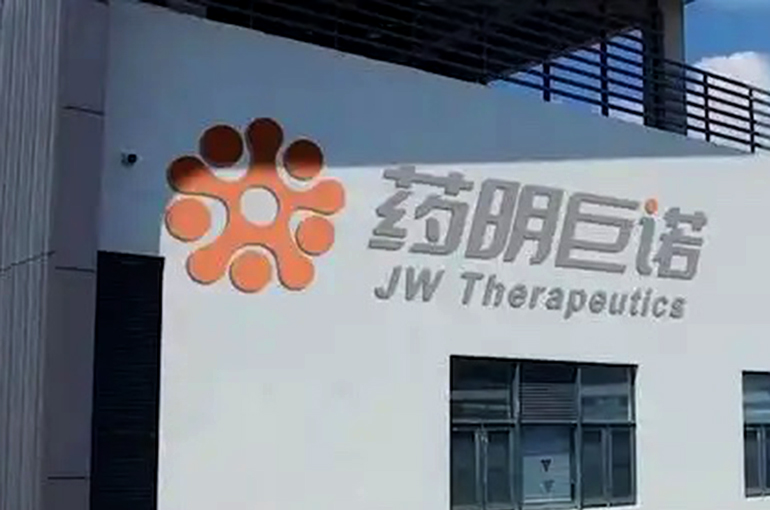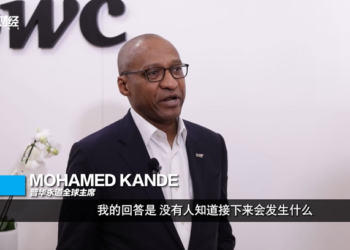Select Language:
Chinese regulators have begun evaluating an application to replace imported viral vectors with an internally developed lentiviral vector for one of its CAR-T therapies, potentially decreasing the high cost associated with the cancer treatment.
The national authority responsible for medical products has accepted a supplemental post-market submission to incorporate the company’s domestically produced lentiviral vector, JWLV011, into the manufacturing process of relmacabtagene autoleucel, marketed as Carteyva in China, the Shanghai-based company announced yesterday.
Chimeric antigen receptor T-cell therapies are targeted and highly effective cancer treatments, but their steep prices have restricted access. China has approved seven such therapies, all priced above 1 million yuan (approximately $140,000), preventing them from being included in the national reimbursement list. This limits patient accessibility and hampers commercial adoption.
Carteyva, the company’s flagship product, received approval in China in 2021. It treats three types of blood cancer, with each dose costing around 1.3 million yuan (approximately $182,500).
Lentiviral vectors, the carriers used to deliver CAR genes into patient T-cells, are among the most costly components in manufacturing Carteyva. Dependence on foreign suppliers has caused cost and supply challenges, impacting both production and clinical development efforts, the company noted.
To mitigate these issues, the firm developed JWLV011 and integrated it into the production process for Carteyva. Additionally, they optimized viral production techniques and enhanced quality controls to ensure consistent supply and reduce per-dose costs.
“Producing lentiviral vectors locally is of strategic importance,” said Liu Min, chairman and CEO. “Successfully replacing imported vectors with domestically produced ones will ensure a more stable supply chain for both commercial sales and clinical research, while also significantly lowering costs.”
He added, “Reduced costs will help us better compete in the market and strengthen negotiations with insurance providers, allowing us to unlock greater commercial value for Carteyva.”
Founded in 2020, the company was established as a joint venture between an American biopharmaceutical company and a Chinese contract research organization.







